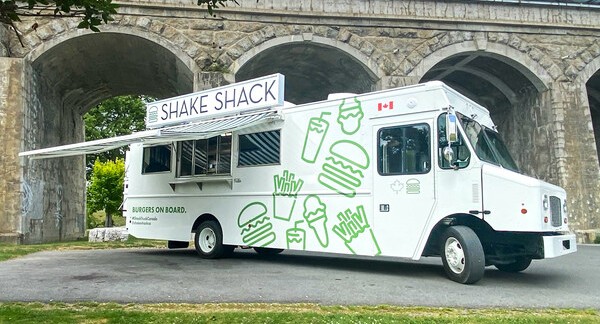By John Dutton
The start of this year marks the fourth anniversary of a bunch of people eating Tide Pods for fun. I think it’s fair to say that mass stupidity has come a long way since then.
An extra headache faced by Procter and Gamble in 2018 – besides their brand being associated with calls to poison control centres – was that its effort to quell the online mania backfired. Even though the brand quickly released messages featuring cool NFL star Rob Gronkowski telling kids to stop eating the pods, a few months later the number of people doing the challenge had skyrocketed.
Why? A psychological effect called “reactance” that often bedevils PSA efforts such as anti-smoking campaigns. Simply put, human beings don’t like being told what to do, and reactance is the pushback, or even (as we now see with vaccine mandates) a doubling down on the unwise behaviour in question. Which brings me to a current advertising initiative in France that’s intended to promote eco alternatives to driving.
The French government recently mandated eco-conscious disclaimers in automobile advertising. Many eyebrows were raised in the marketing community, accompanied presumably by a few Gallic shrugs. Beginning in March, TV commercials and other mass media ads for cars will have to include one of three messages: “For short trips, prioritize walking or cycling,” “Think about carpooling,” and “Take public transport every day.” Advertisers who fail to comply will be hit with a whopping 50,000 euro fine per run.
What seems strange about the French decree is that it targets all car ads, not just those selling the villains – I mean vehicles – with internal combustion engines. The European Union has already proposed measures that effectively ban the sale of new petrol and diesel vehicles as of 2035.
The French auto industry has so far been quieter than an idling Prius in response to the advertising decree. This may be due to concerns of tainting the valuable brands they own by publicly disagreeing with a pro-ecology initiative. In contrast, one of France’s main automobile clubs immediately struck back, accusing politicians of stigmatizing the country’s car owners.
I’m a huge fan of investment in public transport, but I’d argue that the new advertising regulations could cause reactance among hard-core gearheads, leading them to double-down on their love for four-wheeled freedom.
As the Tide Pod case shows, the world should have learned by now that when it comes to influencing behaviour, telling consumers that they have to do something is rarely effective, and may even be counterproductive. That’s because the converse psychological driver to “reactance” is “agency.” One of the main attractions to owning a vehicle is autonomy (ask any teen who’s just got their licence!). This autonomy is often verbalized as “freedom,” a word we’ve heard in all kinds of unsavoury contexts during the pandemic.
Cars are not just metal boxes that get us places – and automotive brands have always known that. When asked about self-driving cars in an interview last year, Jeep CEO Christian Meunier revealed, “We sell lifestyle machines that people enjoy driving and have fun driving in. So, we’re not going to eliminate that.”
It’s this lifestyle aspect that attracts people to cars in the first place over alternatives such as public transport. Beyond this, some newer drivers view their car as a smartphone with wheels, featuring navigation and entertainment systems powered by Apple or Google. The upcoming Fisker Ocean electric vehicle has a 17-inch dashboard screen that rotates from vertical for navigation to landscape for video. What do they call the latter? Hollywood Mode.
A quick but important aside: electric vehicles are only as environmentally friendly as the electricity that fuels them. For example, driving an EV in Poland, where electricity still comes from coal-fired plants, will not in any way reduce greenhouse gas emissions. But less than 10% of the energy produced in France is derived from fossil fuels, which is even lower than Canada’s average of 17% (although in B.C., Ontario and Quebec this figure falls to around 5% due to hydro and nuclear power generation). An EV in France really is a clean solution.
It’s been almost twenty years since an article entitled Reactance to Recommendations: When Unsolicited Advice Yields Contrary Responses appeared in the Marketing Science journal. Communications professionals need to apply the counter-intuitive findings of scientific studies like this if they genuinely want people to develop new habits. Wouldn’t it therefore be better to include a fourth disclaimer on the French government’s list of messages? Something like, “Choosing an electric vehicle drives cleaner skies” or simply, “There’s a cleaner way to drive.” Positive outcomes and information about options are proven ways to avoid the issue of consumer reactance.
One thing’s for sure: whether it’s in a gas-guzzler or an EV, every trip will soon be a guilt trip for French drivers. And that’s no way to encourage a change in behaviour.

























